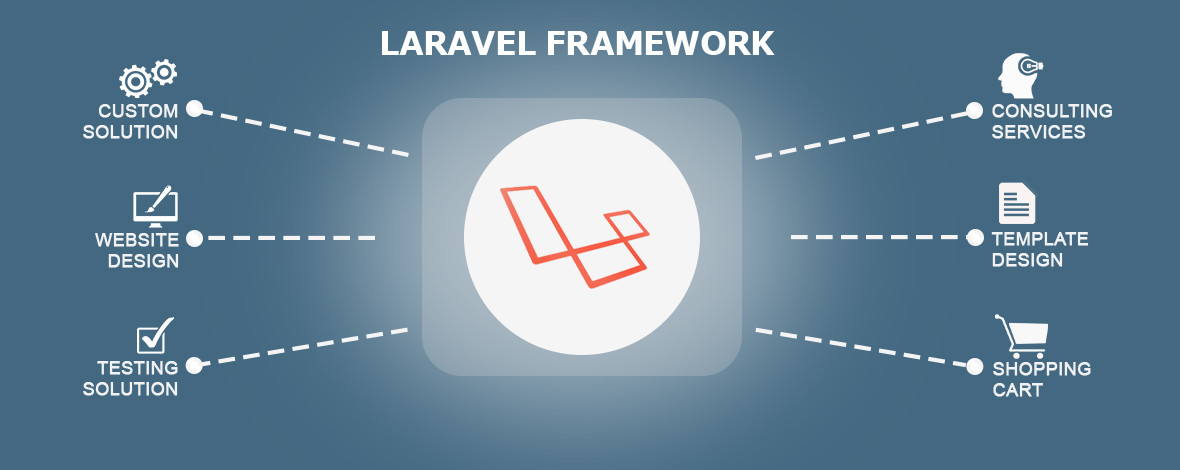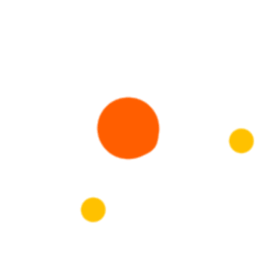
What is Laravel?
Laravel is an open-source, PHP-based web framework designed for building modern web applications. It follows the Model-View-Controller (MVC) architectural pattern and offers a clean, elegant syntax. Laravel simplifies common web development tasks such as routing, authentication, session management, and database interactions. With a wide array of built-in features and tools, Laravel enables rapid development while ensuring scalability and security. It is especially popular for building RESTful APIs, single-page applications (SPAs), and large-scale enterprise applications.
Key Features of Laravel:
MVC Architecture:
- Laravel follows the Model-View-Controller (MVC) design pattern, which helps separate application logic, presentation, and data, making the code more organized and maintainable.
Eloquent ORM:
- Laravel comes with a powerful Object-Relational Mapping (ORM) system called Eloquent, which simplifies database operations. It allows you to interact with your database using PHP syntax, eliminating the need to write complex SQL queries.
Blade Templating Engine:
- Laravel includes a lightweight and intuitive templating engine called Blade. It allows developers to define reusable components and layouts, making it easier to manage complex views.
Routing:
- Laravel provides a flexible and easy-to-use routing system that allows developers to define clean, SEO-friendly URLs and handle different HTTP methods with ease.
Authentication and Authorization:
- Laravel offers built-in authentication and authorization systems. It includes features like user login, registration, password reset, and access control based on roles and permissions.
Artisan CLI:
- Artisan is Laravel’s command-line interface (CLI) that offers various helpful commands to assist with common tasks like database migrations, running tests, generating boilerplate code, and more.
Database Migration and Seeding:
- Laravel supports database migrations, which allow you to version control your database schema. It also provides database seeding, which helps populate tables with sample data for testing or development purposes.
Task Scheduling:
- Laravel makes it easy to schedule and automate repetitive tasks such as sending emails, clearing cache, or running cron jobs.
Testing:
- Laravel is built with testing in mind, providing a simple and integrated testing environment. It supports unit testing, feature testing, and automated testing, helping developers ensure the reliability of their applications.
Security:
- Laravel includes robust security features, such as hashed passwords, CSRF protection, and input validation, helping protect your application from common vulnerabilities like SQL injection, XSS, and CSRF attacks.
Why Choose Laravel?
- Elegant Syntax: Laravel’s clean and expressive syntax allows developers to write readable, maintainable, and efficient code.
- Rapid Development: With built-in tools and features, Laravel speeds up development time, allowing developers to focus on the core functionality of their applications.
- Scalability: Laravel is highly scalable, making it suitable for both small projects and large enterprise-level applications.
- Community Support: Laravel has a large and active community, providing extensive documentation, tutorials, and third-party packages.
- Security: Laravel takes security seriously with features like password hashing, SQL injection prevention, and cross-site scripting protection.

